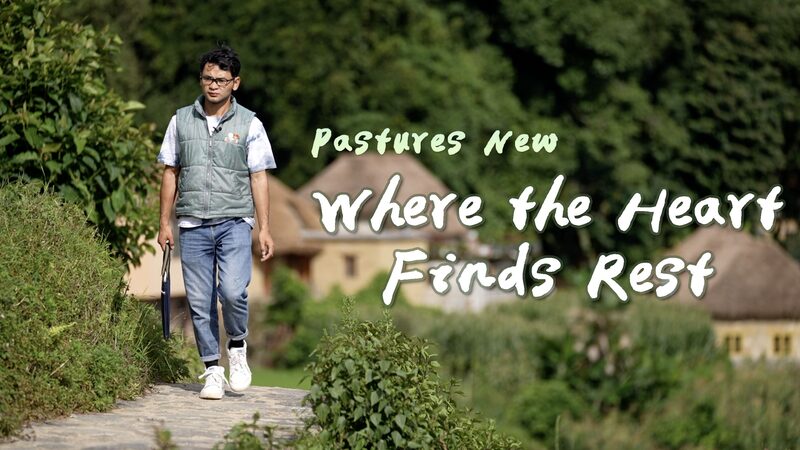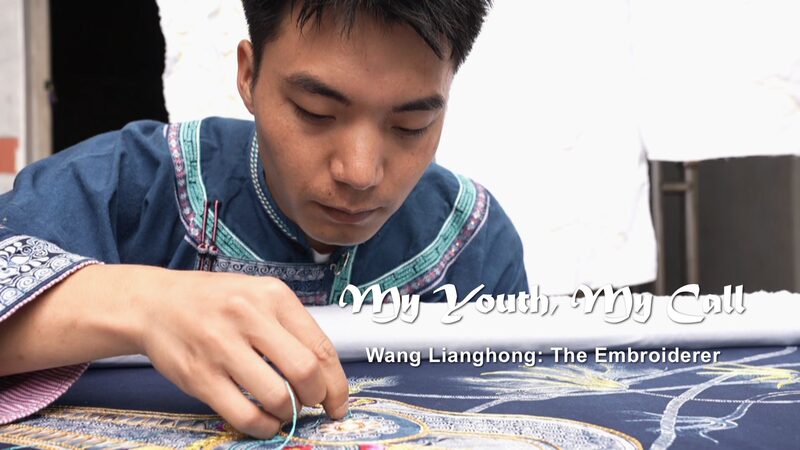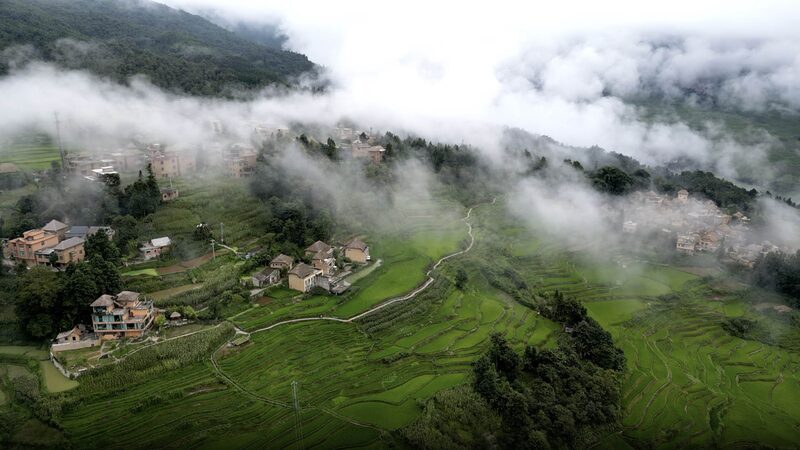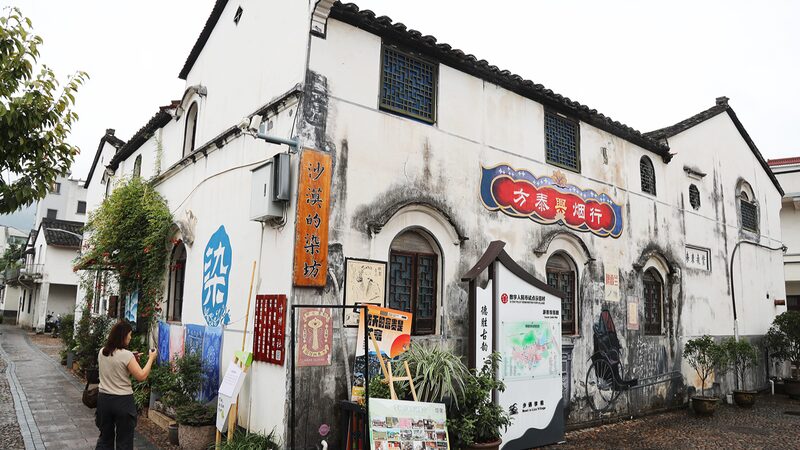Nestled in the emerald hills of Yunnan Province, Azheke Village is a hidden gem boasting the breathtaking rice terraces and traditional mushroom-shaped houses of the Hani people. Once a quiet hamlet, it is now witnessing a renaissance as young natives return to their roots, infusing new life into the community through tourism.
Driven by the allure of home and the promise of opportunity, many youths who once left for bustling city life are now coming back. Among them is Ma Youde, the village’s first college graduate to make the return journey. Leaving behind the urban grind, Ma saw potential in his homeland’s natural beauty and cultural heritage.
Ma now operates a cozy bed and breakfast, offering visitors an authentic experience of Hani culture. His efforts are not solitary; he is supported by a team of doctoral candidates from Sun Yat-sen University, who provide expertise in sustainable tourism development. Together, they are crafting a model that benefits both the villagers and the environment.
“The rice terraces have been here for centuries,” says Ma. “But it’s our responsibility to share their beauty with the world in a way that preserves our traditions.” The influx of tourism has brought economic vitality, allowing villagers to open guesthouses, restaurants, and craft shops showcasing Hani art.
This grassroots movement aligns with broader trends in China, where rural tourism is empowering communities and preserving cultural heritage. The success of Azheke Village serves as an inspiring example for other rural areas seeking sustainable development.
As the sun sets over the cascading terraces, Azheke Village stands as a testament to the power of homecoming and community spirit. With the heart finding rest in familiar lands, the village’s future shines as brightly as the golden fields.
Reference(s):
cgtn.com








